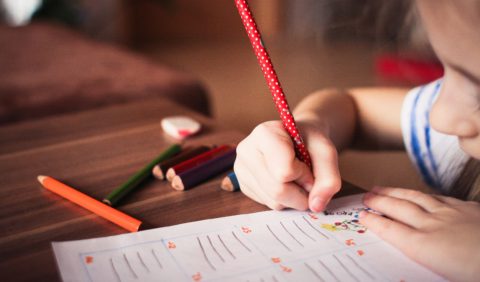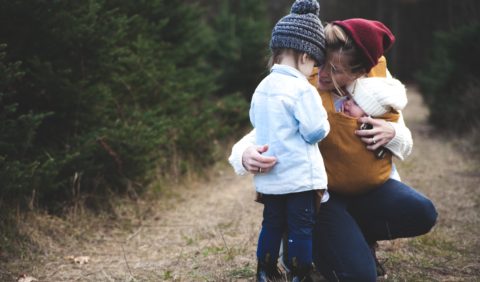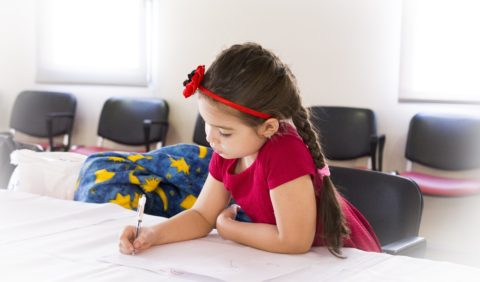Behaviour and Respect

Supporting children with their behaviour and guiding them in understanding and negotiating their emotions is key in a child learning to regulate their own behaviour.
Respect is a element in a child’s behaviour.
To gain respect we must give respect.
This is applicable and relevant to children and can greatly influence and impact a child’s behaviour and responses.
Positive, respectful interactions assist a child in developing positive and solid relationships.
We can gain the respect of children as well as show our respect for children by how we behave with and around them.
Supporting a child to manage their own behaviour in a ways that teach and show respect influences a child’s behaviour and develops skills such as empathy.
Respect is shown when children get recognition for who they are and what they do.
We show respect by acknowledging children as competent and capable.
We demonstrate respect in understanding a child’s capabilities and capacity and alter our approach based on this.
To respect in children’s sense is to be mindful, pay attention, show consideration, avoid intruding upon and avoid violating, allowing a child to complete what they are saying uninterrupted.
Respect is the foundation of a good relationship.
How we can be disrespectful to children
- Do not take children’s opinions seriously.
- Use angry words under stress and, in particular, direct our anger toward them.
- Finish children’s tasks for them, rather than giving encouragement or directions and allowing them time to finish tasks for themselves.
- Answer questions for them.
- Shout or use sarcasm at them.
- Do not take care of our own physical or emotional needs and therefore we let that impact on their needs.
Promoting respect
- Allow children to make mistakes (as long as it is safe to do so).
- Allow and encourage civil disagreement.
- Allow transition time from one activity to another, such as from play to mealtimes. Give warnings about the change from one to another so they feel they have the chance to finish and so they can feel some ownership of their play.
- Know how to say no, and be willing to say no and stick to it.
- Set limits. A child needs to understand expectations and know what is acceptable.
- Be consistent.
- Listen to children. Actively listen.
- Model respectful behaviours.
- Remain calm.
- Have a clear message.
- Use a range of communication strategies.
- Identify the cause and work together to develop strategies and problem solve solutions.
- Engage behaviour strategies that teach the child rather than punish.
- Apologise if our own behaviour is not appropriate.
- Create an supportive environment.
- Acknowledge the ‘good’ moments and attempts for a child. Acknowledge considerate behaviours and gestures.
- Get down to a child’s level when interacting with them.
- Decide on what is non negotiable and pick your battles. A child is continually learning and developing as they grow. As adults we know acceptable limits, however, a child is still developing an understanding of limits, right from wrong, etc so allowing a little flexibility and leeway as they learn is key.
- Avoid power struggles. Work together to develop a solution that suits all.






